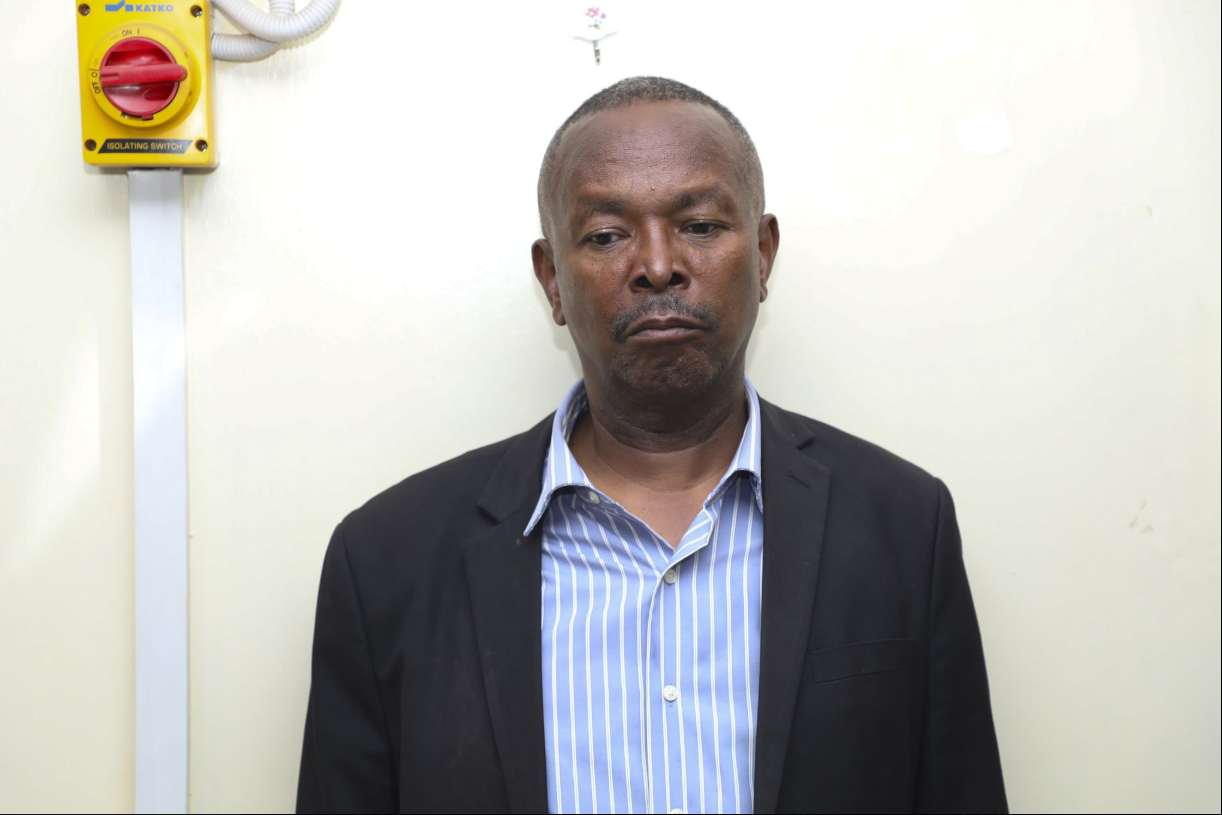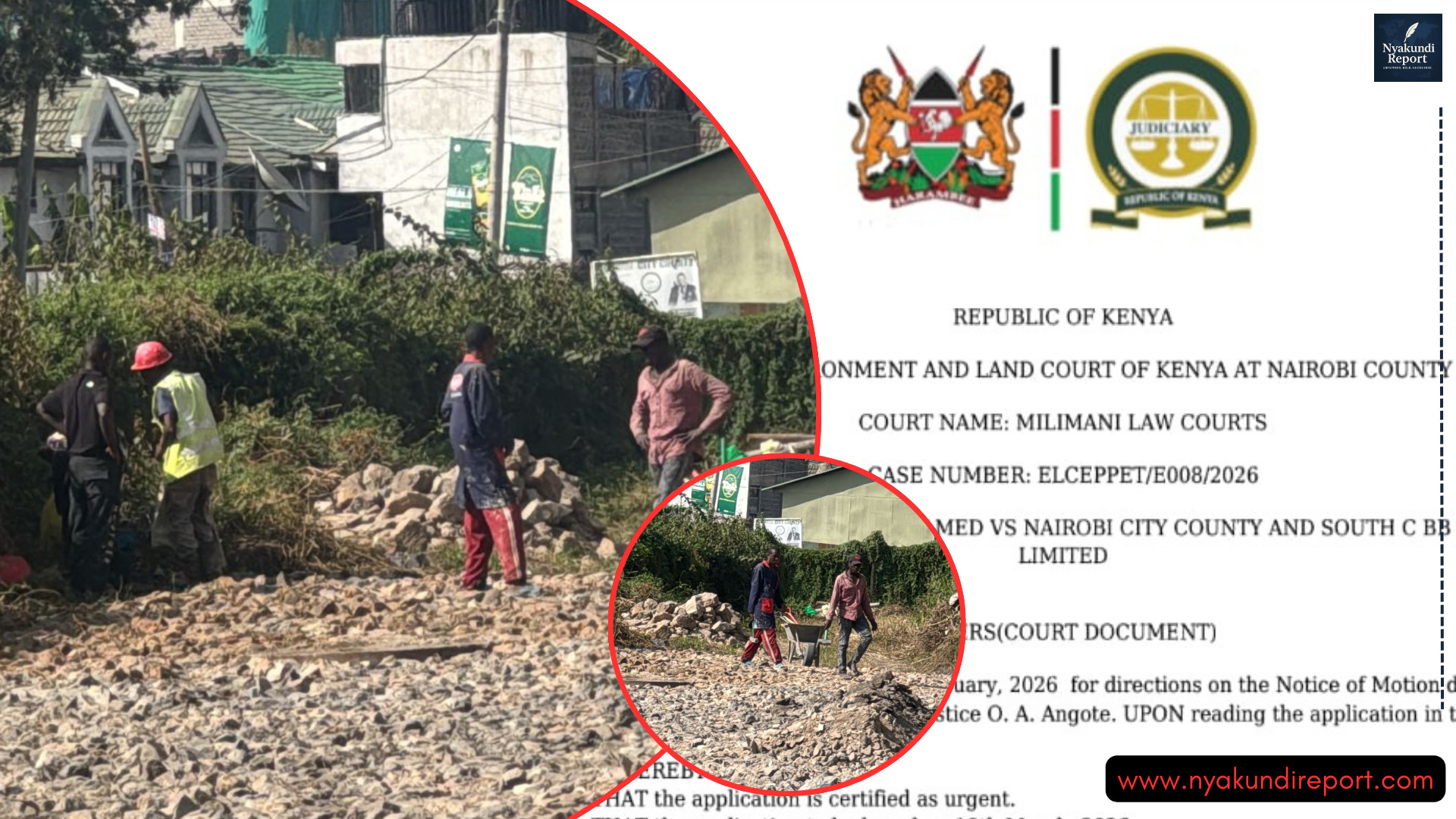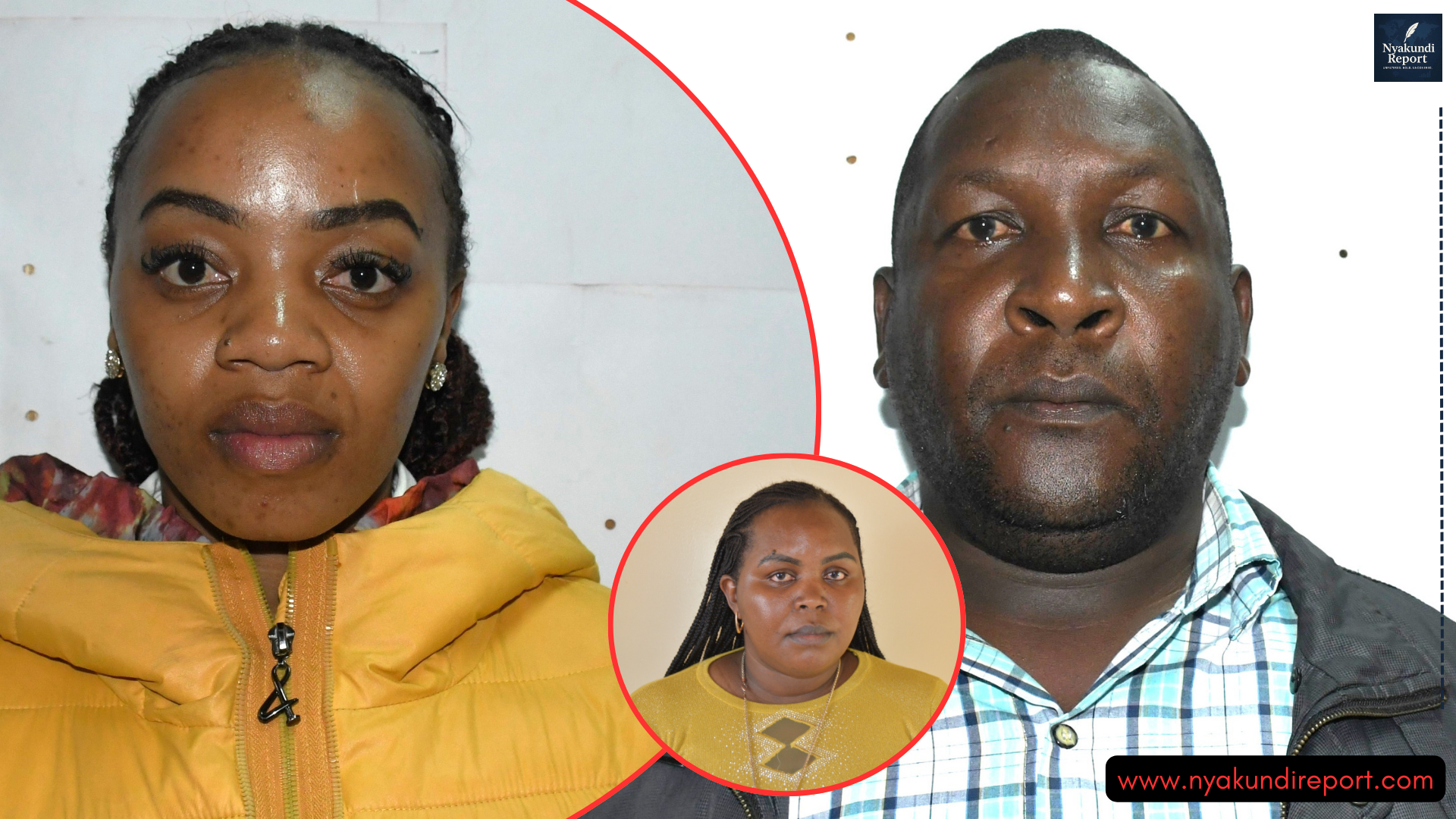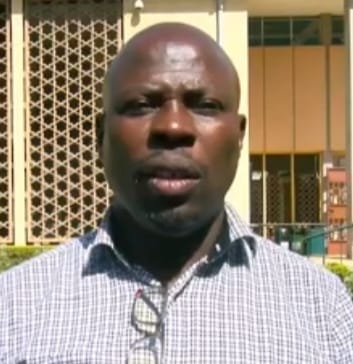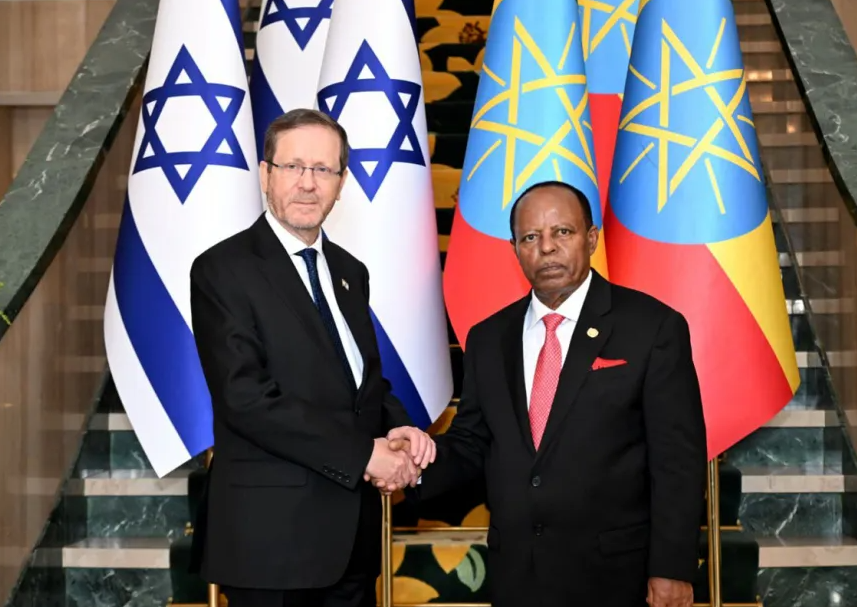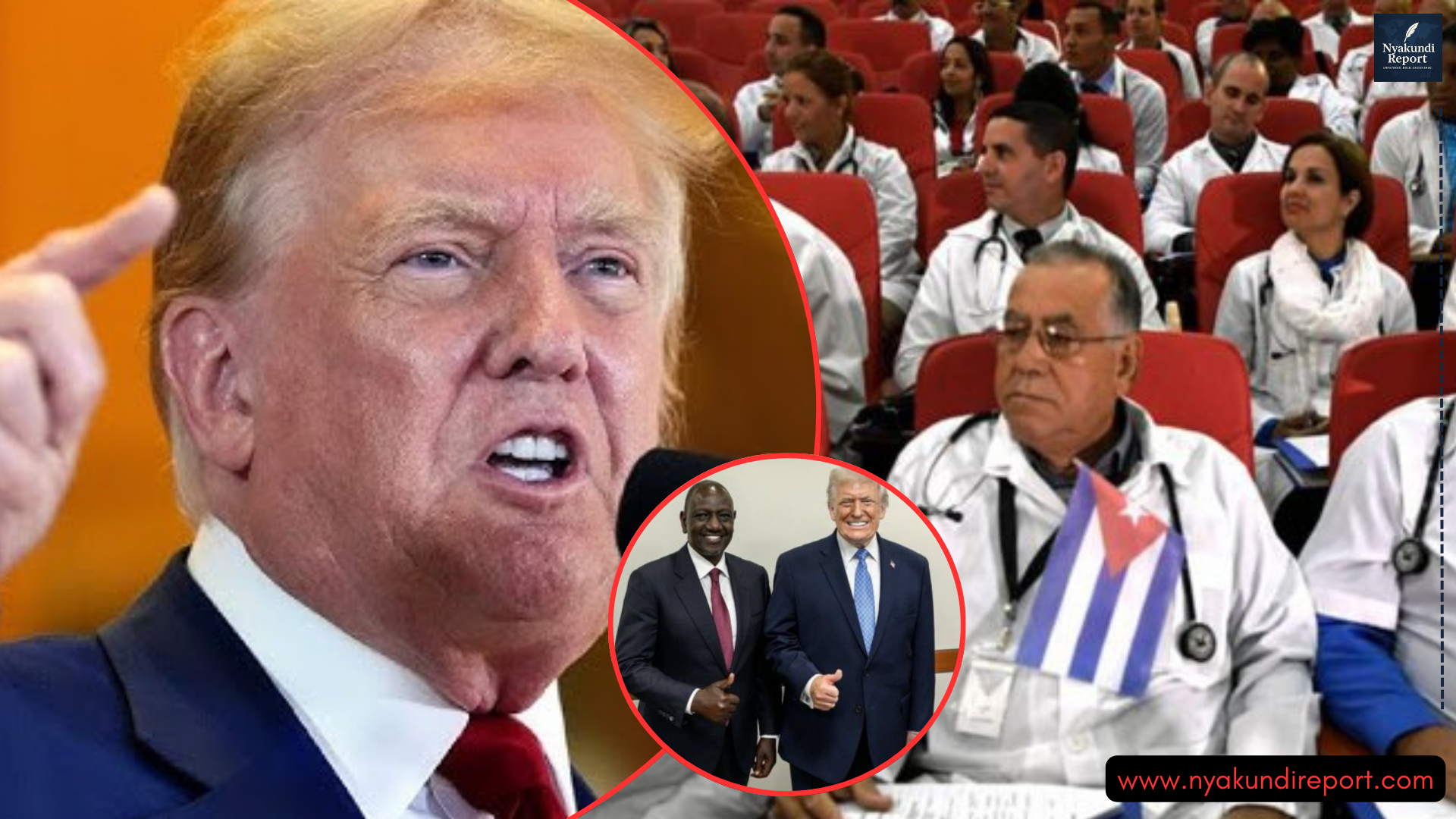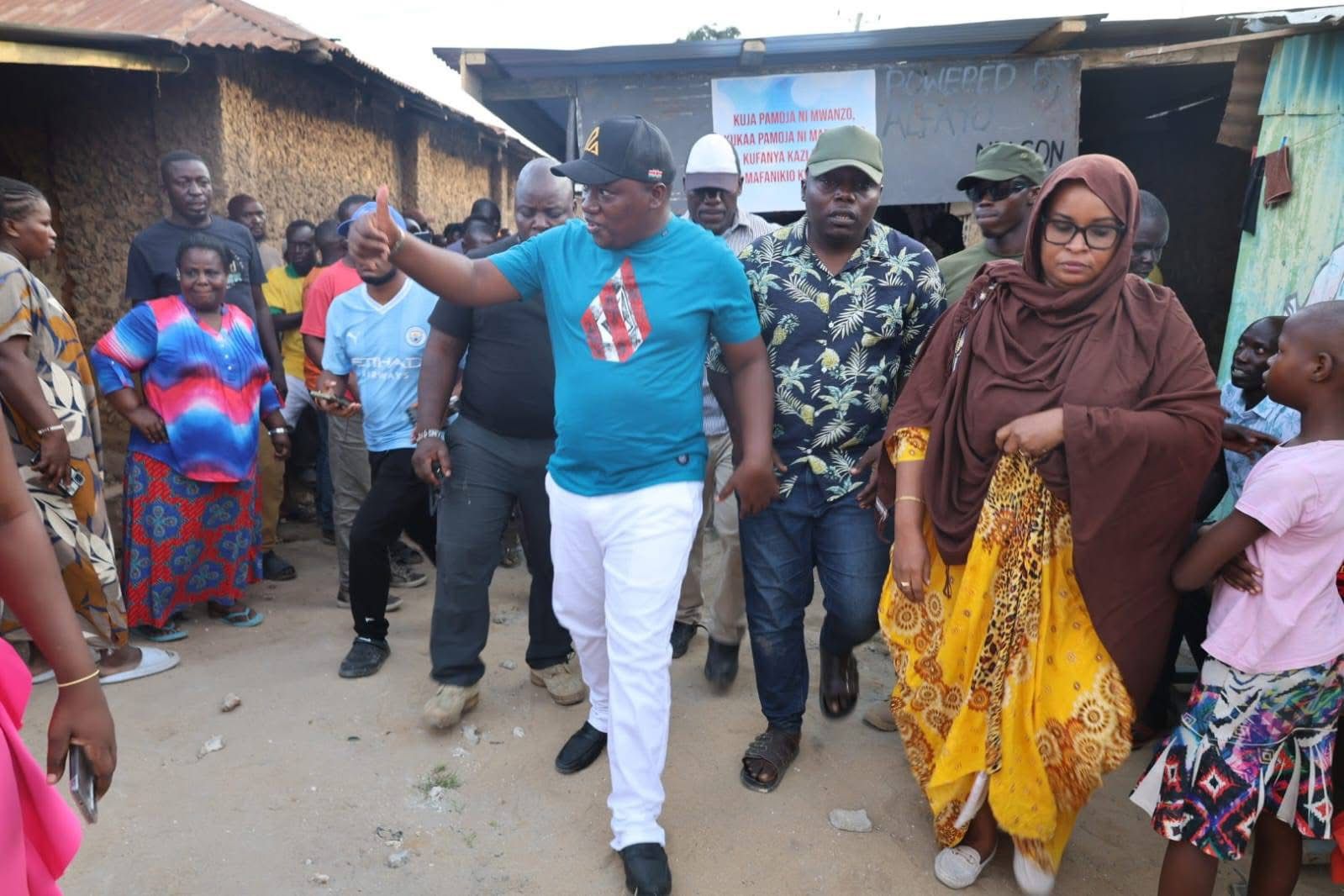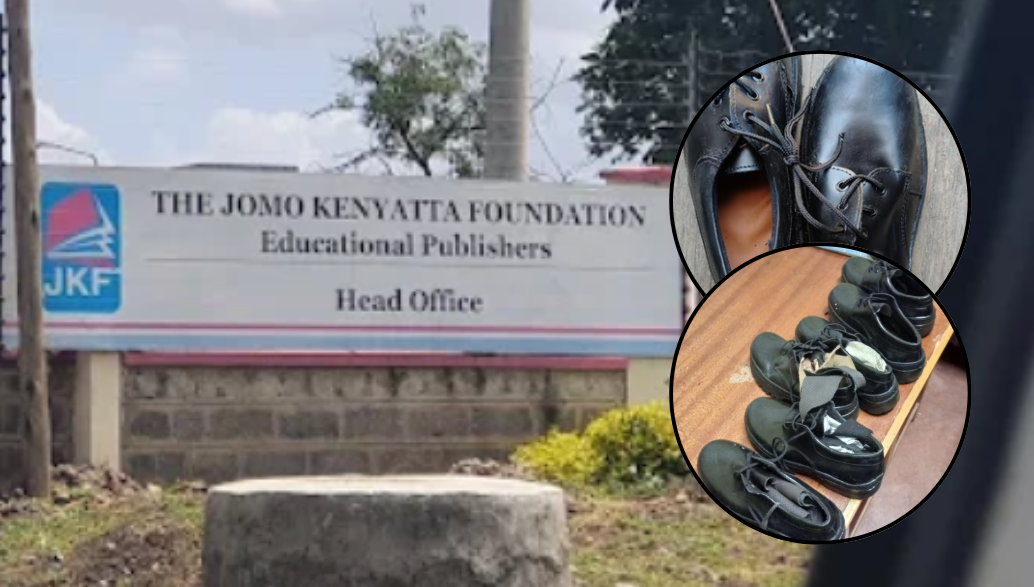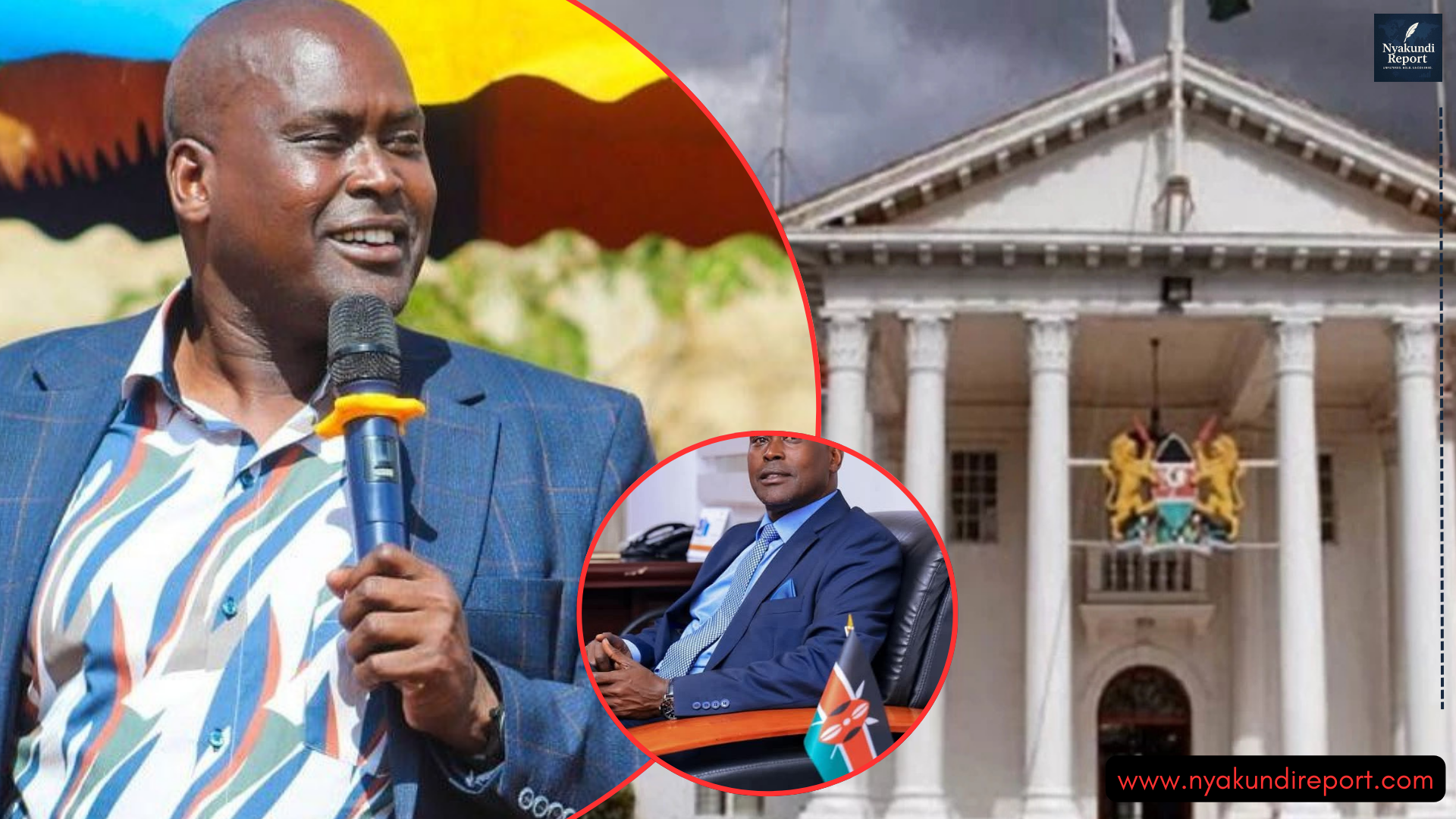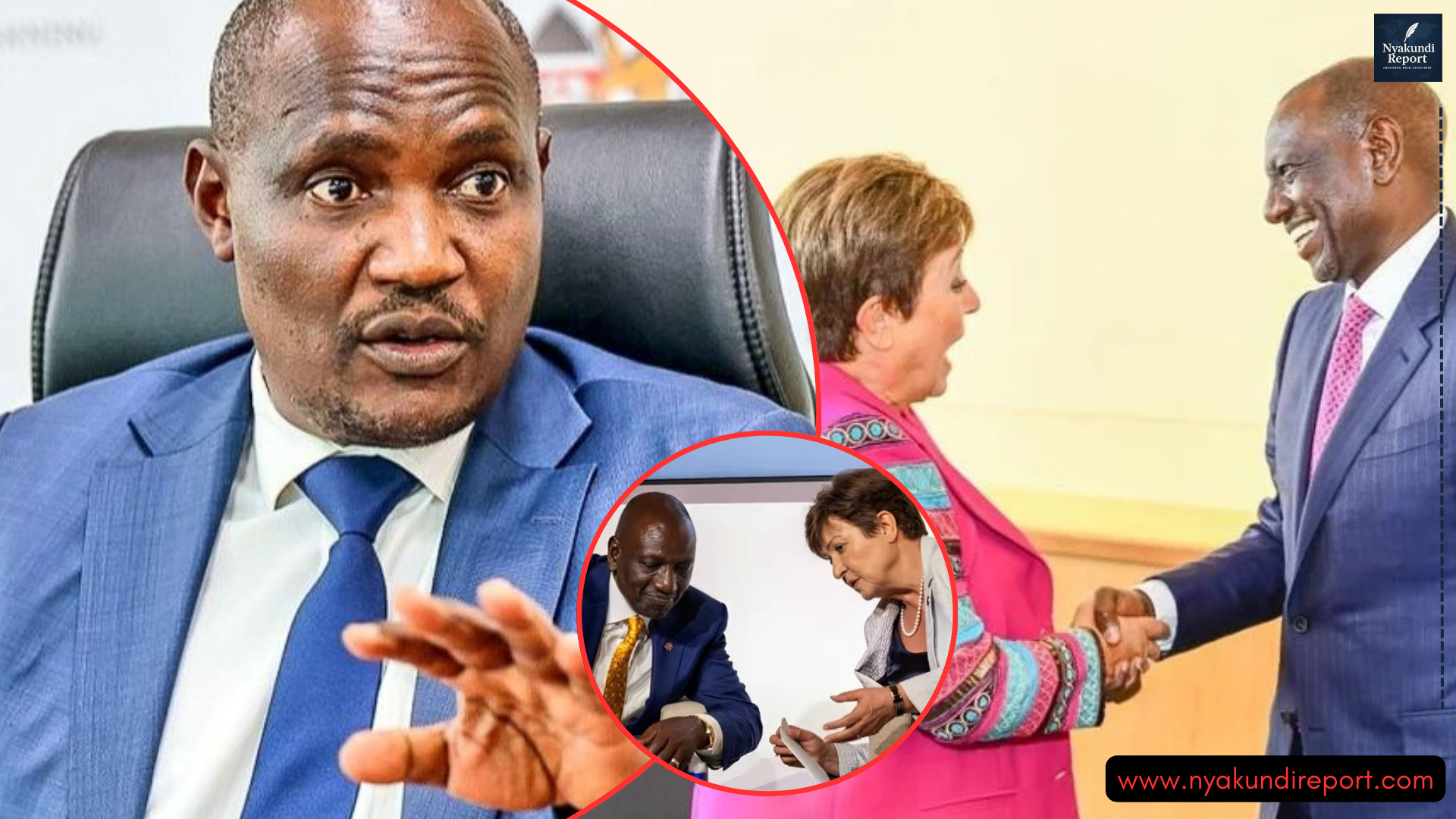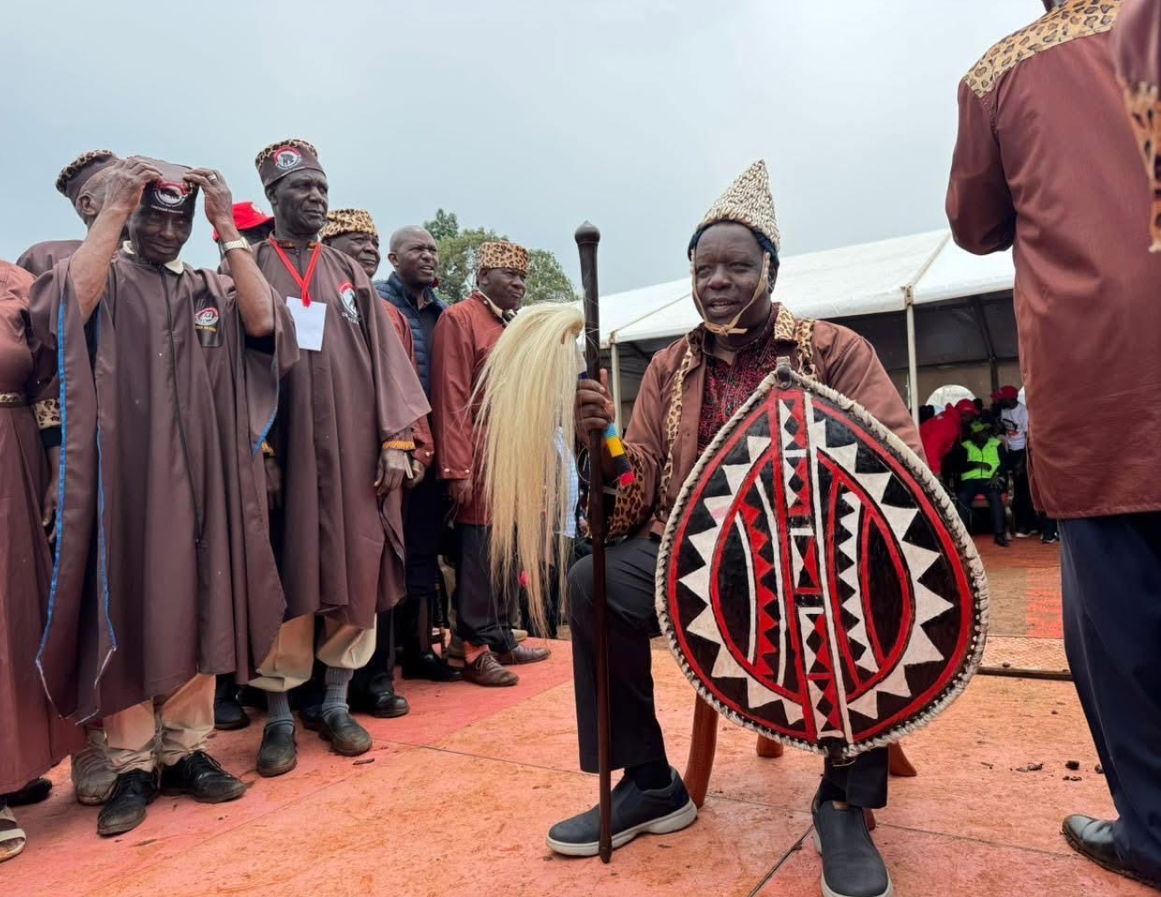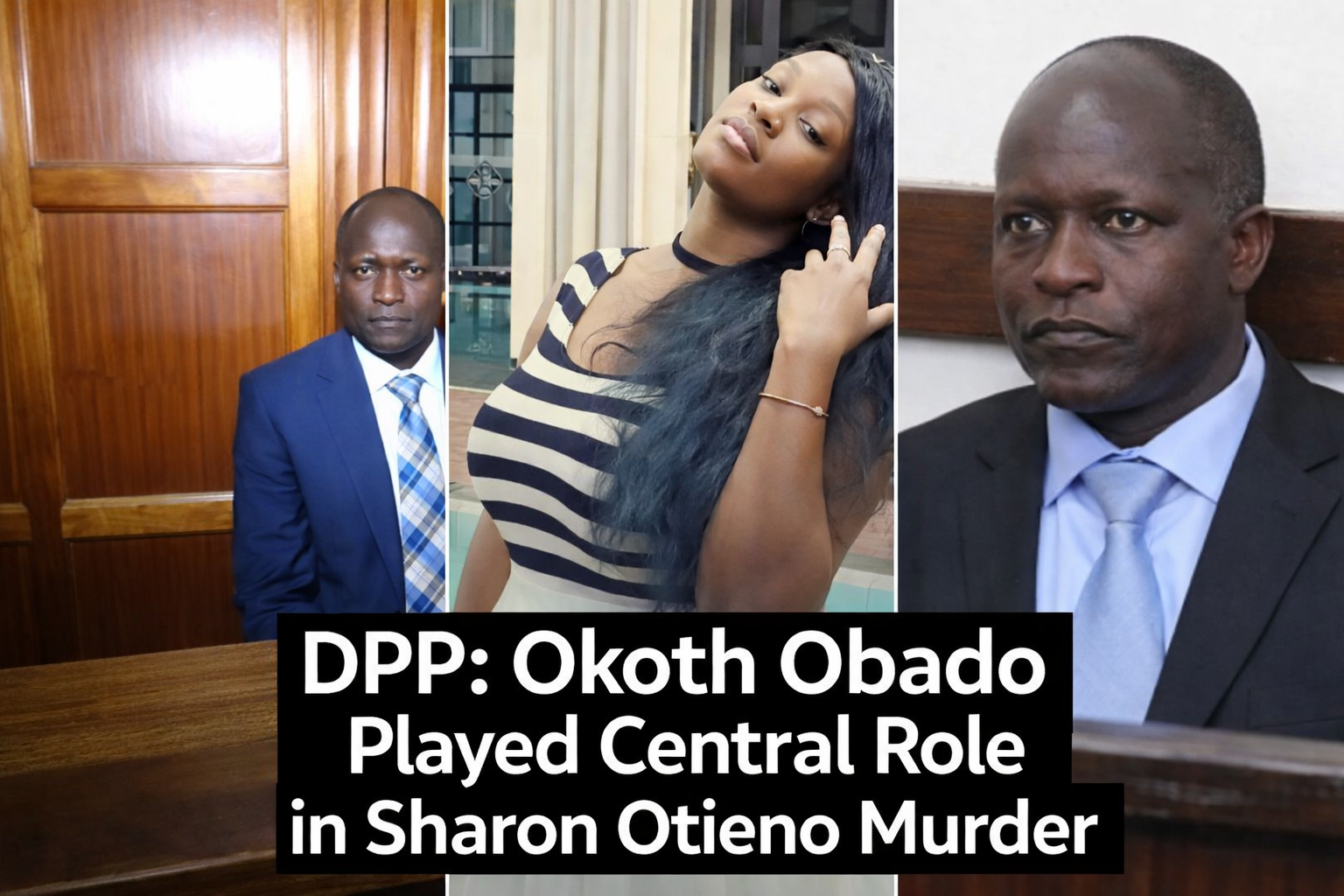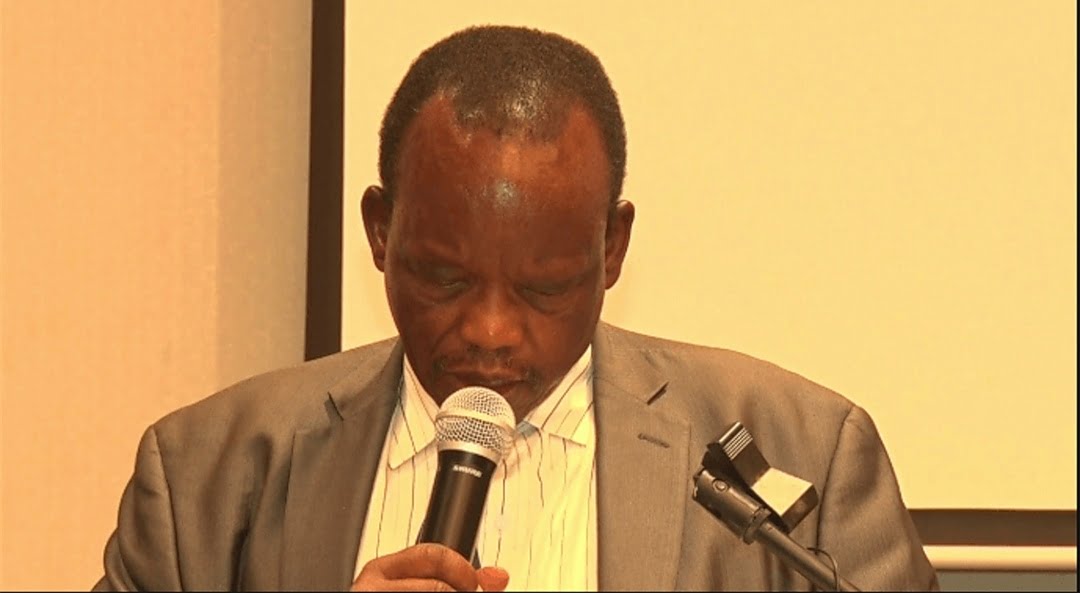In a significant move that underscores growing international attention on Kenya’s electoral integrity.
A coalition of foreign diplomats has issued a joint statement welcoming the recent reconstitution of the Independent Electoral and Boundaries Commission (IEBC).
And calling for robust, transparent preparations ahead of the 2027 General Election.
The statement was issued by 12 Western missions, including the embassies and high commissions of the United States, United Kingdom, Germany, Netherlands.
In addition to Sweden, Norway, Denmark, Finland, Ireland, Australia, Canada, and Switzerland.
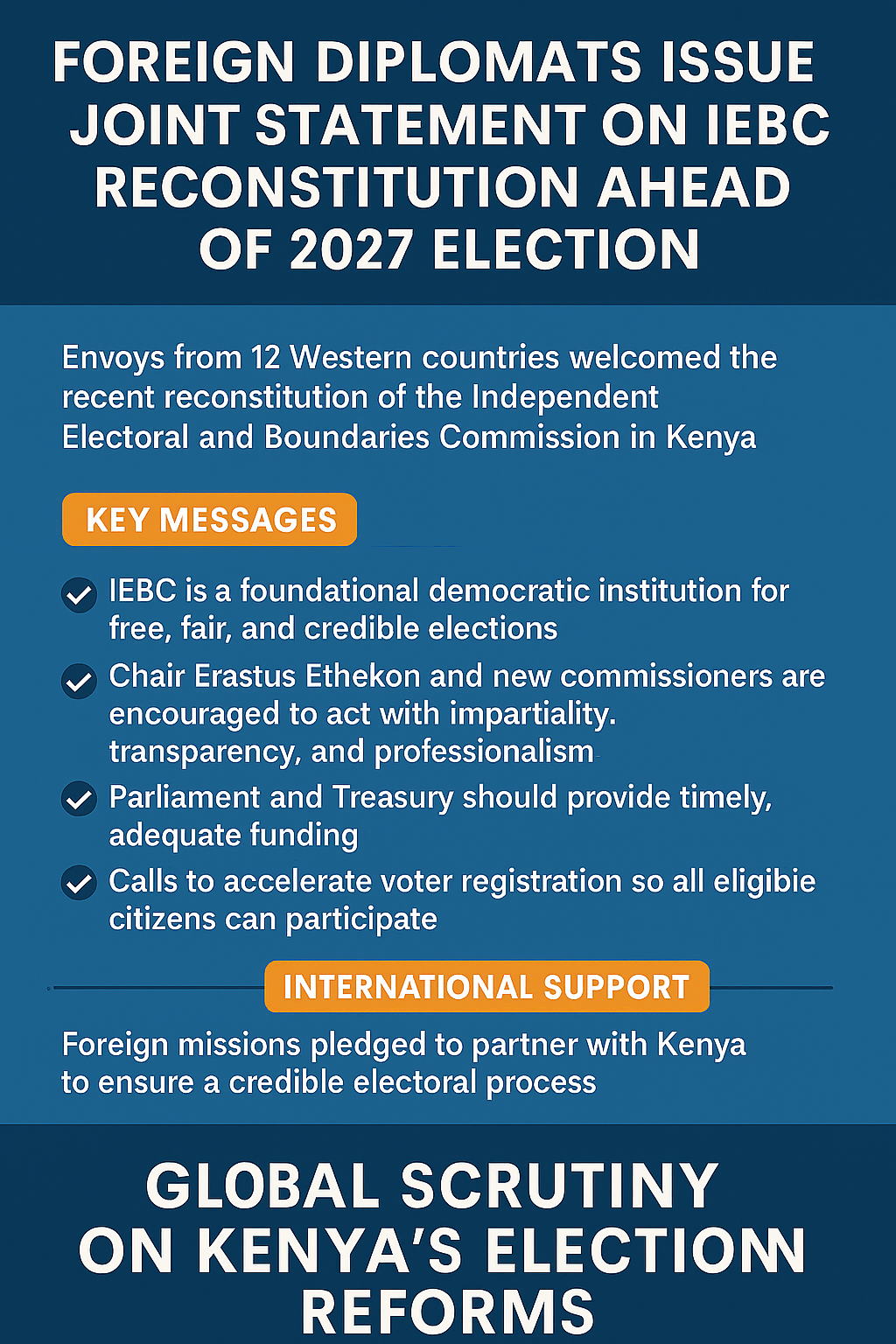
A Renewed IEBC
The diplomatic community’s message comes just days after Chief Justice Martha Koome presided over the swearing-in of IEBC Chairperson Erastus Edung Ethekon and six new commissioners.
The appointments followed a High Court ruling that cleared procedural hurdles around their gazettement.
Finally, reconstituting the electoral body after nearly two years of legal and political limbo.
The diplomats described the reconstitution as a “critical milestone”.
And pledged their confidence in the new team’s ability to uphold the principles of professionalism, impartiality, and transparency in managing Kenya’s electoral processes.
Key Highlights of the Joint Diplomatic Statement
“We welcome the reconstitution of the Independent Electoral and Boundaries Commission and trust that the new leadership will work in the best interest of all Kenyans,” the statement read in part.
The envoys made the following key demands and observations:
Timely and sufficient funding: They called on the National Treasury and Parliament to ensure that the IEBC receives full financial support to implement its mandate.
Operational autonomy: The diplomats urged all stakeholders to respect the independence of the IEBC, warning against political interference.
Voter registration drive: They encouraged the commission to prioritize the registration of eligible voters, especially young and first-time voters, well in advance of 2027.
Transparency and inclusivity: The diplomats stressed the importance of transparent procurement, inclusive stakeholder engagement, and open communication from the IEBC.
Why the Statement Matters
Kenya’s elections have long been marred by disputes, violence, and allegations of rigging.
The 2007, 2013, and 2017 elections were all heavily contested, with both domestic and international observers citing weaknesses in electoral management.
By issuing the joint statement, the foreign missions are not only expressing diplomatic support for institutional stability.
But also signaling their expectations for a credible electoral process that upholds democratic norms and avoids the mistakes of the past.
According to analysts, the statement also serves as a subtle warning: international partners are watching Kenya’s electoral roadmap closely.
And will likely tie future electoral support or development assistance to reforms and transparency within the IEBC.
What the IEBC Must Now Do
With less than two years before the 2027 General Election, the new IEBC team faces an enormous task ahead.
Here’s a breakdown of their immediate priorities:
| Priority Area | Description |
|---|---|
| Strategic Plan | Finalize and publish IEBC’s 2024–2027 electoral preparedness framework |
| Voter Registration | Roll out continuous and mass registration targeting youth, diaspora, and marginalized areas |
| Boundary Delimitation | Complete constitutional review of constituency and ward boundaries |
| Voter Education | Launch a nationwide civic education campaign on the electoral process |
| ICT Infrastructure | Upgrade systems to ensure secure and efficient results transmission |
| Public Engagement | Rebuild public trust through regular updates and inclusive forums |
IEBC’s Chair, Erastus Ethekon, has already signaled his intention to “hit the ground running,” promising electoral transparency and non-partisanship.
International Support and the Path to 2027
The diplomatic community reiterated its commitment to supporting Kenya’s democracy.
Several missions, including the EU and USAID, are expected to provide technical and financial assistance to strengthen voter education, technology systems, and oversight mechanisms.
“Kenya remains a vital partner in the region. We look forward to working with the IEBC, civil society, and citizens to help deliver peaceful and credible elections,” said U.S. Ambassador Meg Whitman, in a separate statement.
However, some observers warned that diplomatic support must not replace domestic accountability.
“While donor pressure helps, it’s up to Kenyans—especially Parliament and the Executive—to ensure the IEBC is empowered, not compromised,” noted governance expert Dr. Irene Kendi of the University of Nairobi.
The Risks of Delay
Failure to implement the reforms outlined by both local and foreign stakeholders could result in:
Low voter turnout, particularly among young and urban voters
Increased legal challenges and petitions after the 2027 election
Loss of public trust in the IEBC and electoral justice system
Reduced international confidence in Kenya’s democratic governance
In Summary
The foreign diplomats’ joint statement is more than a congratulatory note—it’s a call to action.
It reflects both support and scrutiny, signaling to the Kenyan government and the IEBC that the world is watching and that the time for electoral reforms is now.
With the 2027 polls looming, the new commission has a narrow window to deliver reforms, rebuild credibility, and reassure the nation—and the global community—that Kenya’s democracy remains on track.

